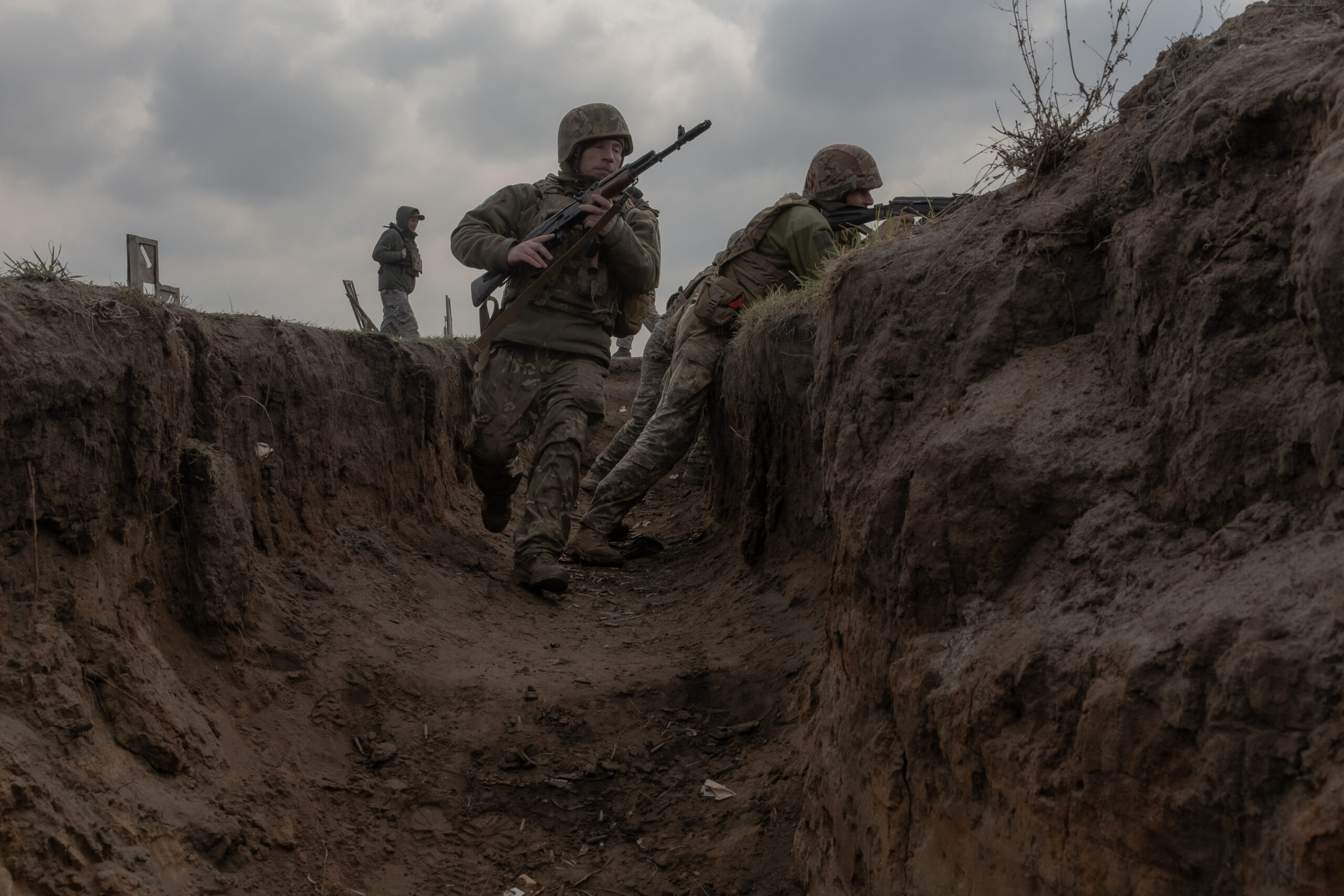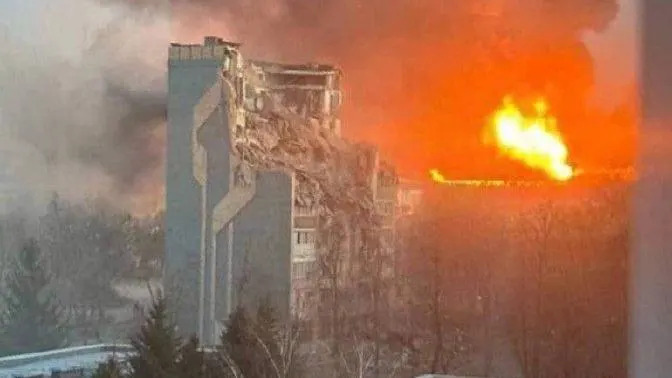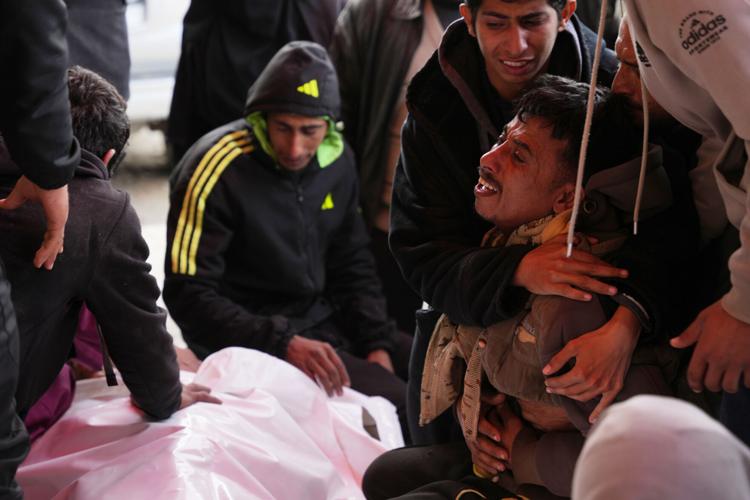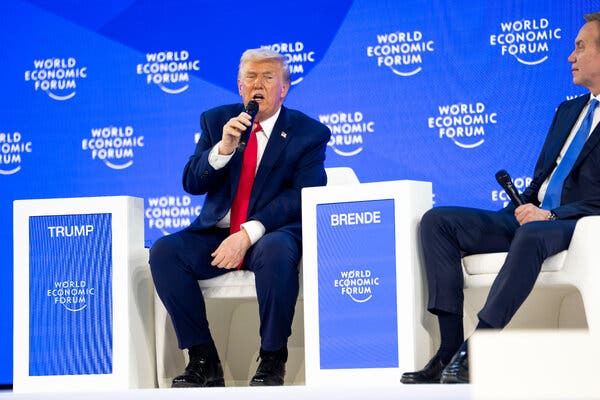Ukraine has shuttered its embassy in Cuba, citing accusations that the Cuban government is facilitating the recruitment of Cuban nationals to fight for Russia in its ongoing war against Ukraine. This decision follows a military cooperation agreement signed between Russia and Cuba, as well as a U.S. intelligence report estimating that nearly 5,000 Cubans may be fighting alongside Russian forces.
Ukrainian Foreign Minister Andrii Sybiha condemned Cuba’s actions, asserting that the country is “complicit” in Russia’s aggression by allowing “thousands” of its citizens to travel to Russia as mercenaries. He pointed out that Cuba has provided diplomatic support to Russia and has helped Moscow evade Western sanctions. The Cuban president has publicly expressed support for Russia’s military actions in Ukraine, further straining relations.
In a notable shift, Ukraine voted against an annual United Nations resolution advocating for the lifting of the U.S. embargo on Cuba, marking the first time it has taken such a stance. “Our vote is not against the Cuban people — we respect their right to live in prosperity,” Sybiha stated. “It is against the inaction of Cuba’s authorities in response to massive recruitment of Cuban citizens to the Russian occupation army.”
Ukrainian Ambassador to the United Nations, Andrii Melnyk, characterized Cuban nationals as “the largest group of foreign mercenaries in the Russian army.” According to U.S. intelligence, Cuba ranks just behind North Korea as a significant contributor of foreign troops to Russia’s military efforts. Ukrainian intelligence agencies have confirmed that at least 39 Cubans have been killed in the conflict, though estimates of total casualties may reach into the low hundreds.
The military intelligence agency HUR has reported a presence of at least 1,076 Cuban fighters on the frontlines. In response to these allegations, Cuba’s foreign ministry denied any involvement in the war, labeling the claims as “false accusations” and asserting that “none of them have the encouragement, commitment, or consent of the Cuban state for their actions.”
The extent of Cuban recruitment remains uncertain. A report by the Russian investigative outlet Sistema revealed that a small recruitment operation, allegedly run by two Russian women, employed deceptive practices to lure Cubans into military service. Promises of lucrative construction jobs—offering $2,000 monthly, significantly higher than the average Cuban salary—turned into forced enlistments, with passports confiscated upon arrival in Russia. Both women were later arrested by Russian authorities.
In September 2023, Cuban officials announced the arrest of 17 individuals connected to a human trafficking network that aimed to recruit Cubans to fight for Russia. However, there have been no updates regarding the government’s role in these activities. Given Cuba’s strict travel regulations, the involvement of the government is seen as likely, if not direct.
Melnyk remarked that recruitment appears to be occurring “openly with the silent consent of Havana’s authorities.” Historically, Cuba and Russia have shared a close relationship, dating back to the Cold War. The Cuban government has previously dispatched its citizens to participate in foreign conflicts that align with its political objectives, particularly in Africa during the Cold War.
In light of the ongoing economic struggles exacerbated by the U.S. embargo, Cuba has sought alliances with nations like Russia. Under the military cooperation agreement ratified on October 8, 2023, Russia is set to supply Cuba with 1.64 million tons of petroleum annually, further deepening their ties.
As this situation unfolds, the implications for both Ukraine and Cuba remain significant, highlighting the complexities of international relations and military alliances in the current geopolitical landscape.







